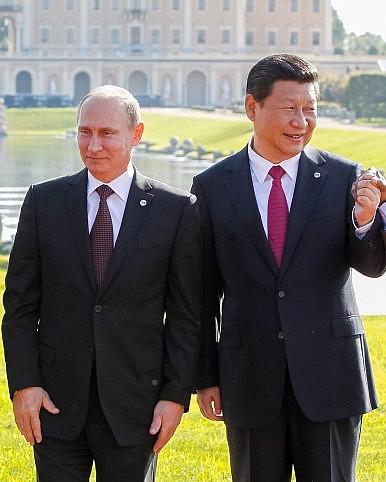A dozen French EU experts have written a manifesto proposing the creation of a new ‘Community’ for the eurozone. The self-styled ‘Eiffel group’ makes an intelligent case for a federal, political union that would exist alongside the existing European Union. The chances of such a Community emerging are, in my view, rather small. But the manifesto deserves to be read, because the authors are serious people with first-hand knowledge of how the EU works. They include Yves Bertoncini, director of the Notre Europe - Jacques Delors Institute; Laurence Boone, an economist at Bank of America Merrill Lynch; Sylvie Goulard, a liberal MEP; Denis Simonneau, a member of the board of GDF Suez; and Shahin Vallée, economic adviser to President Herman Van Rompuy. If they get their way, the EU itself would become a second-class club with little appeal to members such as Denmark, Sweden or the UK.

The Eiffel group’s analysis of the euro crisis is similar to that of the Centre for European Reform. The authors argue, for instance, that fiscal policy has been too restrictive. And they are unhappy with the way Germany exerts leadership in the eurozone. “The current situation, where German federal bodies (Bundestag or the Karlsruhe court) hold the fate of the euro in their hands is not good for Germany, placed in a position of hegemony, nor for Germany’s partners, reduced to complying.”

The Eiffel group’s analysis of the euro crisis is similar to that of the Centre for European Reform. The authors argue, for instance, that fiscal policy has been too restrictive. And they are unhappy with the way Germany exerts leadership in the eurozone. “The current situation, where German federal bodies (Bundestag or the Karlsruhe court) hold the fate of the euro in their hands is not good for Germany, placed in a position of hegemony, nor for Germany’s partners, reduced to complying.”




